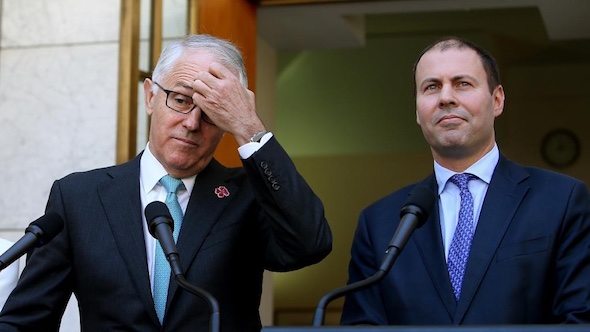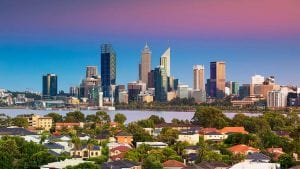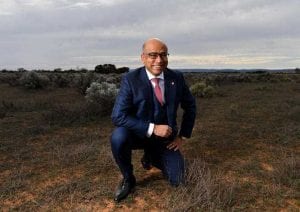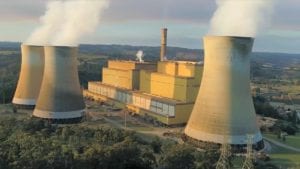
Australia’s Smart Energy Council has declared war on the federal government’s National Energy Guarantee, and specifically its lousy emissions reduction targets.
The SEC on Monday launched a campaign against an “anti-renewables policy” that it says could be “set in stone” for the next 12 years and would be worse than doing nothing at all. “It locks out the future and locks in the past.”
In a webcast “crisis meeting” on Monday morning, SEC CEO John Grimes called for industry to help fund a $500,000 “ruthless campaign” to either scrap the NEG – or substantially change its narrative.
Grimes was joined on the webcast by former Clean Energy Finance Corporation CEO Oliver Yates and Carbon and Energy Markets analyst Bruce Mountain.
Both Yates and Mountain stressed that the NEG, in its current form, would stymie renewable energy growth, prop up coal, and do little or nothing to reduce Australia’s emissions. It could also work to reinforce the position of the big retailers. (Read more on Yates’ and Mountain’s views here.)
The call to arms follows the latest COAG meeting in Melbourne on Friday, which as Giles Parkinson reported saw the states wave through a NEG that was even worse than first thought.
After the meeting, federal energy minister Josh Frydenberg made clear that the government was not prepared to move “one inch” on certain elements of the policy – namely its low-ball emissions reduction target of 26 per cent by 2030 for the electricity sector.
This was just the latest – and possibly most cunning – play, Grimes said, in the far right-led Coaltion’s game plan to push back investment in renewables.
“Malcolm Turnbull is giving Tony Abbott a lesson in how to do over the renewables industry while having acolytes fawn over the process,” he said.
“No blatant king hit from Malcolm, but the result is exactly the same.
“The government has been very smart in framing the NEG and focusing on retailers. They have to make sure that electricity is reliable and it meets emissions targets.
“As we’ll hear from our other speakers, these are nonsense, because Australia’s electricity is some of the most reliable in the world… and the emissions targets are so low … that (it) effectively means there will be no additional renewable energy required to be built between 2020 and 2030.”
Grimes also warned against the political and voter mentality that something was better than nothing, when it came to energy and climate policy in Australia.
His particular concern, and that of the industry in general, is that the NEG will seek to lock in low emissions targets, and it may be impossible to change them, at least before 2030. That would be disastrous for the industry, which could not rely only on a change in government for its future.
“Each time the Labor Party and other renewable energy groups have conceded ground to the government, in an attempt to achieve bipartisanship … the government has moved the goal posts and pushed for even more extreme policies,” Grimes told the meeting.
He said that while some states and territories – namely the ACT, Victoria and Queensland, after the loss of the South Australia Labor government in the March election – had raised concerns with the NEG, they had stopped short of shutting it down.
“Federal Labor, and the Labor states, have made a political calculation that being seen as collaborative with the government on the NEG is better than taking a strong stand.
“They’re kicking it down the road for more work to be done, and the government’s pushing for a decision to be made on this.
“I think that (the Coalition) think that they’re on a political winner with this,” he added. “Because they’re on track to pull off a coordinated, unopposed framework that locks in coal and locks out renewables,” he said.
“It’s up to us to change the game, to increase the political cost of all involved if they are going to lock in the existing NEG.”
Grimes said the campaign’s primary focus would be, not to scrap the NEG entirely, but to get the federal government to support stronger emissions reduction targets in the electricity sector – “north of 50 per cent by 2030, and additionality for state schemes.”
Failing that, Grimes said, the SEC would instead focus on petitioning state and territory Labor governments to oppose the NEG at the August COAG energy meeting, or to deferring the decision to later in the year, when state and federal elections were starting to happen.










